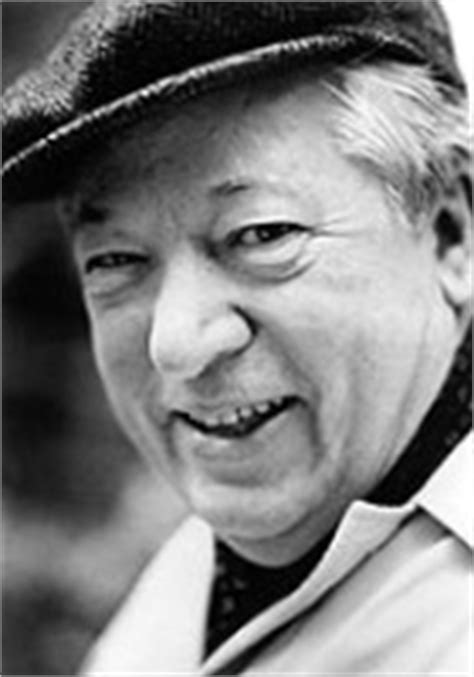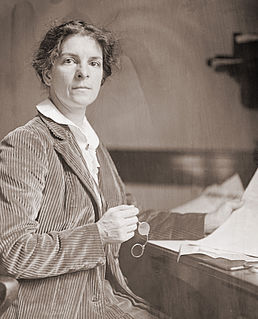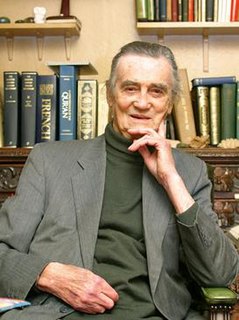A Quote by Johann Kaspar Lavater
Who recollects distinctly his past adventures, knows his destiny to come.
Related Quotes
If we come to sleep we are His drowsy ones And if we come to wake we are in His hands If we come to weeping we are His cloud full of raindrops And if we come to laughing we are His lightning in that moment If we come to anger and battle it is the reflection of His wrath And if we come to peace and pardon it is the reflection of His love Who are we in this complicated world?
The master in the art of living makes little distinction between his work and his play, his labor and his leisure, his mind and his body, his information and his recreation, his love and his religion. He hardly knows which is which. He simply pursues his vision of excellence at whatever he does, leaving others to decide whether he is working or playing. To him he's always doing both.
Certain mystical philosophers have personified Destiny, and from this point of view each man's personal destiny is his archetype or "other self"--his "angel"--with whom he must be reunited if he is to rise above his fragmentary identity as a worldling and become whole, as he is (and always has been) in the mind of God.
Not one of the orthodox ministers dare preach what he thinks if he knows a majority of his congregation think otherwise. He knows that every member of his church stands guard over his brain with a creed, like a club, in his hand. He knows that he is not expected to search after the truth, but that he is employed to defend the creed. Every pulpit is a pillory, in which stands a hired culprit, defending the justice of his own imprisonment.







































